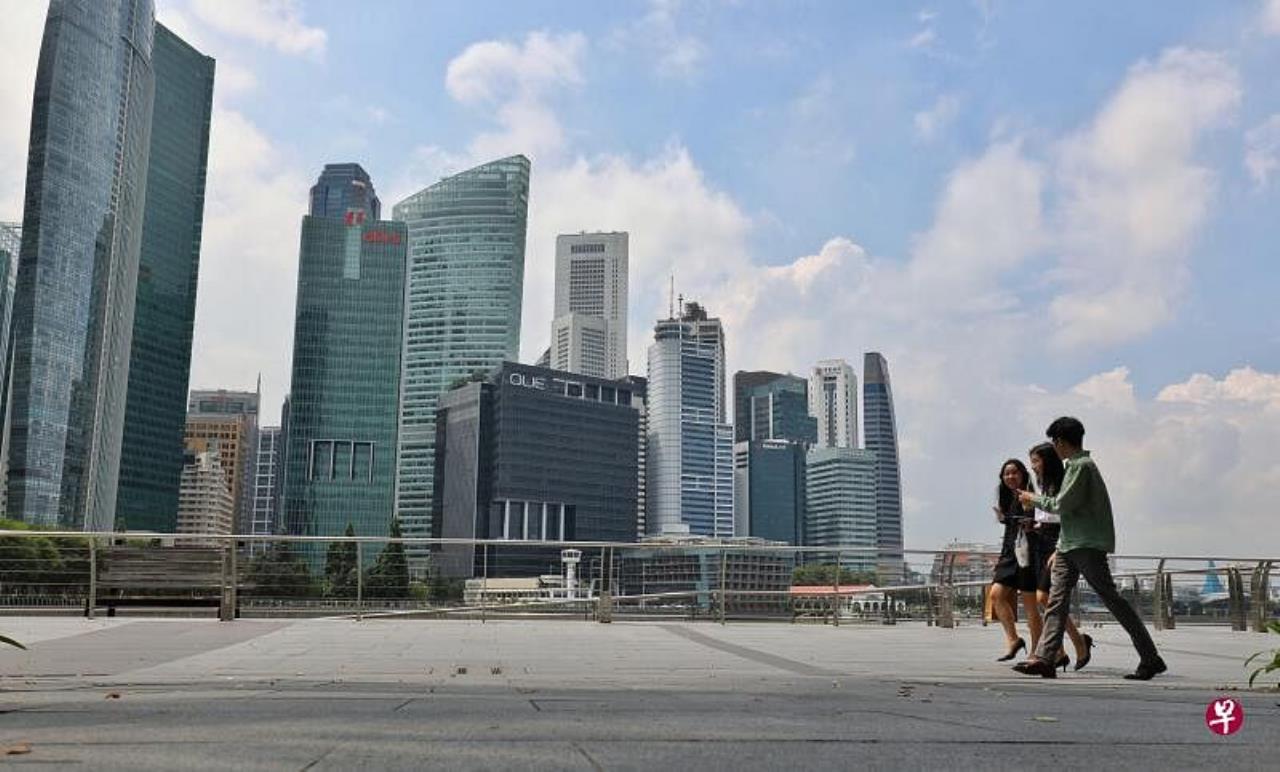
Deputy Prime Minister and Minister of Finance, Huang Xuncai, summarized the experience of Singapore in Singapore's three years of anti -epidemic in Singapore's white paper in Singapore.This includes strengthening the toughness of the medical system, improving forward -looking planning capabilities, and the ability to reserve important substances and rapidly mobilizing resources.
During the epidemic, Huang Xuncai was the co -chair of the cross -department working group.He pointed out in Congress that in the past three years, the government must continue to make difficult choices in an uncertain factors. It has neither a reference manual nor a silent time for its changes.
Crown disease has taken away a lot of life in the world, and has also affected the livelihood of many people. It is described as the "great crisis of generations".However, Singapore has done better than many countries in many countries.Singapore vaccination rate is high, and crown disease -related mortality is also low.In addition, Singapore is one of the first countries to coexist with crown disease, so the pace of economic recovery is also relatively fast.
The efforts of the government's resistance to disease have gained support and recognition of most people.Huang Xuncai quoted the investigation of the two international institutions that Singaporeans were more united after the epidemic, which is rare in the world.In addition, the survey also found that the trust of the Chinese people in the government is the highest ever.
When debating the White Paper, it also reflects the importance of disrupting social solidarity and openness and transparency to improve political mutual trust.Congress's opposition leader Bi Danxing pointed out in Congress that facing the crisis such as epidemics to ensure that the country's heart resistance is more important than political competition. Therefore, the Workers' Party does not publicly criticize the government's crisis treatment method during the epidemic, so as not to damage the overall efforts of the country.However, he believes that the government should announce a complete review report so that members and the public can better understand the collected views, data, and facts.During the response, Huang Xuncai pointed out that in addition to the national security and business secrets, the white paper almost covers all the contents of the review report.
Huang Xuncai admits that the government's resistance work is not perfect, and there are shortcomings.The government's release of white paper is not to settle accounts after autumn, but to summarize learning experience and make more sufficient preparations for the future epidemic.The emergence of the epidemic coincides with the fourth -generation leadership of Singapore.Their historical experience and institutional memory accumulated in resistance will lead the people to cope with the crisis in the future.
In the international environment that disturbing, the potential crisis faced by Singapore is not only plague, but also from other aspects, including extreme climate, food shortage, network or terrorist attacks and territorial sovereignty.These crises have been gone elsewhere.Just like the epidemic, Singapore is unavoidable.Similarly, just like resistance, Singapore is necessary to plan ahead and prepare for the potential crisis.
In terms of crisis, historical experience and collective memory play an important role.However, a pain point in crisis treatment is that these experiences and memories often fade with the passage of time.In 2003, the Shats epidemic was 17 years apart from the 2020 crown disease, and Singapore had been occupied for more than 80 years.The inheritance of these historical experience is not as deep as the experience of the body.
Secondly, forward -looking preparation can slow down the impact of crisis, but it also involves the problem of cost benefits.Minister of Health Wang Yikang pointed out in Parliament that in the early days of the epidemic, whether each vaccine was effective and unclear, and the supply chain was unstable. Therefore, Singapore purchased excessive vaccines to ensure that Singapore had enough vaccine to deal with the epidemic.15%of the coronary vaccine ordered by Singapore has expired, with a total value of 140 million yuan.He described that this is a "insurance premium" that must be paid to avoid catastrophic economic impact and more death cases.
Because Singapore faces many potential crises, some are known, and some are unknown black swan incidents, so improving the overall crisis response ability is crucial.This can reduce the required resources required for crisis to improve costs.In this regard, Huang Xuncai's experience in summing up the crown disease will help to deal with other forms of crises, especially forward -looking planning, and the ability to reserve and mobilize important substances.The world is currently in a highly uneasy environment, and the survival of Singapore island countries is not taken for granted.It is necessary for Singapore to maintain a high degree of vigilance in different forms of potential crises and conduct rigorous scenario analysis to formulate the most cost -effective response solution.


